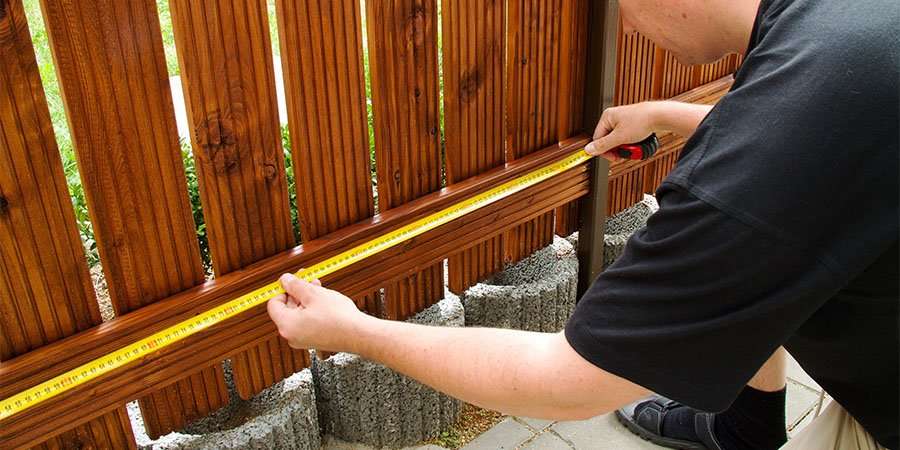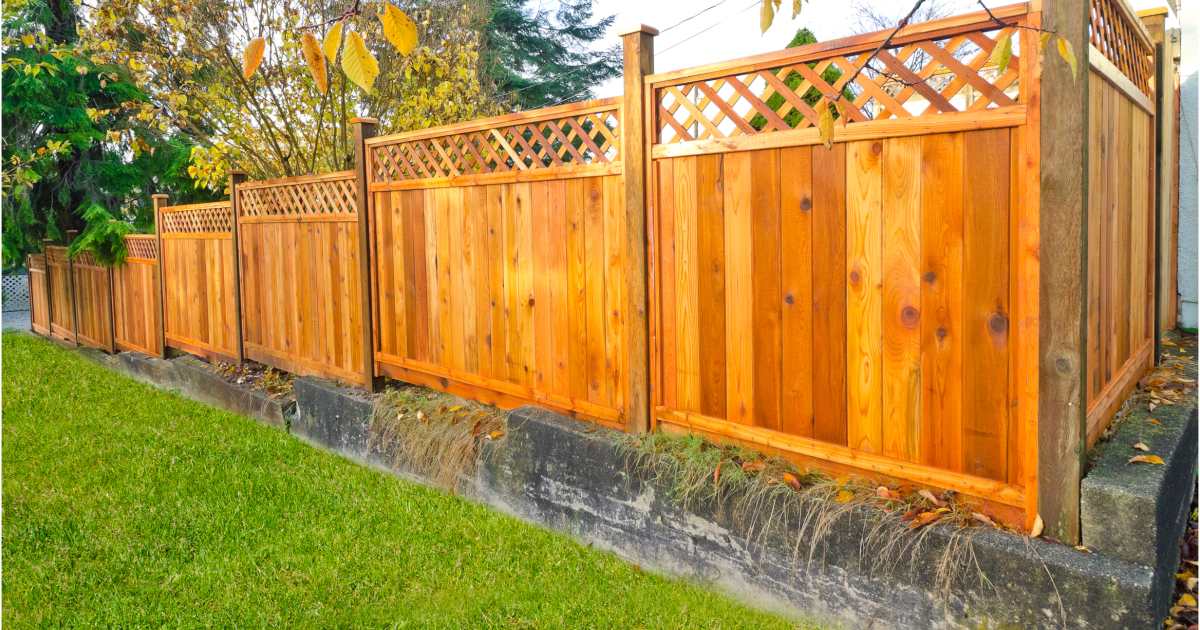All Categories
Featured

When it comes to choosing the finest secure fencing material for sturdiness, wrought iron stands out as one of the most trusted and durable alternatives readily available. Let's take a closer look at functioned iron fencing and just how it piles up versus choices like aluminum, plastic, and wood.
Stamina and Durability of Wrought Iron Fence. Unlike several other secure fencing options, functioned iron can endure harsh environmental conditions, including severe warmth, hefty rain, and also strong winds. Because it is a steel, functioned iron is not vulnerable to the wear and tear that timber fencings commonly experience, such as decaying, warping, or insect problems.
Resilience: Wrought iron fencings are incredibly tough and can stand up to effects and various other kinds of physical stress and anxiety that could damage other products. When effectively maintained, they can last for 50 years or even more, making them a financial investment that will certainly supply long-term value.
Wrought Iron vs. Timber Fencing. Wooden fences, while conventional and aesthetically pleasing, commonly need even more upkeep and have a much shorter life-span contrasted to wrought iron. Timber is at risk to rot, termites, and weathering in time, every one of which can compromise its architectural honesty. Additionally, timber fences might need to be replaced or repaired every 10 to twenty years, relying on the climate and the kind of wood utilized.
Upkeep: While wood fencings need to be consistently treated with sealants, spots, or paints to keep their look and longevity, wrought iron fencings normally require much less upkeep. They may require occasional cleaning or repainting to protect against rust, especially in humid or coastal locations, however they won't experience the same sorts of destruction as wood.
Longevity: While a properly maintained wooden fencing could last 20 to 30 years, wrought iron can go beyond that life-span by several years, making it a more sturdy selection in the future.
Wrought Iron vs. Vinyl Fence. Plastic fencing has actually ended up being a prominent option to timber as a result of its reduced upkeep and resistance to the components. Unlike wood, vinyl doesn't rot or warp, and it doesn't require to be repainted or dealt with. Plastic can end up being fragile over time, especially in regions with extreme wintertimes or severe UV exposure. It might crack or break under pressure, such as from an extreme tornado or a heavy influence.
Longevity: While vinyl is immune and rather resilient to rot and fading, it still can't match the long-term toughness and sturdiness of wrought iron. A vinyl fence might last around 20 to thirty years, depending on ecological aspects, yet it lacks the structural honesty that wrought iron offers.
Upkeep: Plastic requires marginal upkeep contrasted to wood, but it can still fade in time, especially in locations with extreme sun exposure. Wrought iron might need occasional rust avoidance therapies but generally needs fewer interventions than plastic.
Wrought Iron vs. Aluminum Fence. Light weight aluminum is an additional metal option to functioned iron, and while it shares a few of the sturdiness qualities of wrought iron, it is generally less strong and strong. Light weight aluminum is a lot more lightweight and immune to corrosion and rust, making it a popular option for low-maintenance fence. It's not as strong as wrought iron and may be more vulnerable to flexing or denting under stress.

Longevity: Wrought iron is dramatically stronger and extra durable than light weight aluminum. While aluminum fences can last for a number of years, they might not hold up as well in high-traffic or high-impact locations. On the other hand, wrought iron is a lot more immune to physical damage and can better withstand stress and pressure.
Maintenance: Both functioned iron and light weight aluminum fencings need some maintenance, mostly to stop rust. Nevertheless, aluminum is much less likely to corrosion than wrought iron, making it a more low-maintenance alternative in locations with high moisture or seaside salt exposure.
Last Thoughts: Wrought Iron's Resilience Advantage. Wrought iron attracts attention as one of one of the most durable secure fencing products offered, surpassing timber, plastic, and light weight aluminum in regards to toughness, durability, and general performance. While it does need occasional upkeep, particularly to stop corrosion, its ability to endure severe weather, physical tension, and the examination of time makes it a superb investment for homeowners and businesses searching for a lasting, safe and secure fencing remedy.
For those who prioritize strength and longevity above all else, functioned iron is an unsurpassable choice. Whether you're protecting a house, enhancing the look of your lawn, or supplying security for a business website, functioned iron fence will give decades of toughness and visual allure that few other products can match.
Latest Posts
Explore Limited-Time Auto Repair Specials in Chicago at Montclare Auto Repair
Published May 23, 25
1 min read
Learn About Montclare Auto Repair’s Most Popular Services and Why Drivers Trust Them
Published May 23, 25
1 min read
Enhance Your Residential Property with Expenses Door Equipment
Published May 21, 25
1 min read
More
Latest Posts
Explore Limited-Time Auto Repair Specials in Chicago at Montclare Auto Repair
Published May 23, 25
1 min read
Learn About Montclare Auto Repair’s Most Popular Services and Why Drivers Trust Them
Published May 23, 25
1 min read
Enhance Your Residential Property with Expenses Door Equipment
Published May 21, 25
1 min read